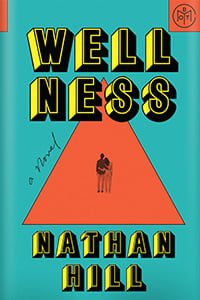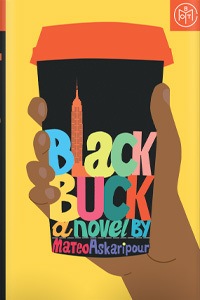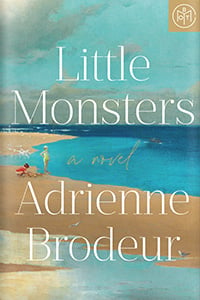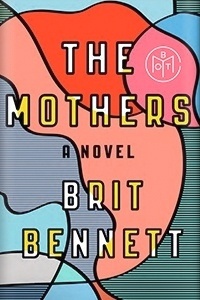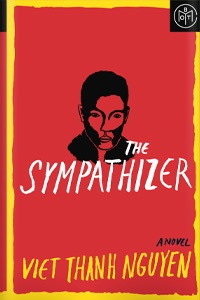

Literary fiction
Swing Time
by Zadie Smith
Quick take
The book feels like the culmination of all her talents: a gift for character and dialogue, a story rooted in a deep cultural and racial awareness
Why I love it
Kevin Nguyen
GQ
Zadie Smith means different things to different people. Some arrive at her novels first, like the ambitious family saga White Teeth, finding a self-assured voice that marked her as an immediate fiction talent. Others discovered Zadie Smith the versatile cultural critic who could write a loving review for the 50 Cent movie Get Rich or Die Tryin’. Smith is an ambidextrous writer'”perhaps just a natural talent at everything'”who remains a venerable and beloved literary figure.
Swing Time will surprise no one'”and I mean that with the highest praise. The book feels like the culmination of all her talents: a novel with a gift for character and dialogue, a story rooted in a deep cultural and racial awareness. At its core, Swing Time is about two black girls raised in the same public housing complex in London. Tracey is a dancer; the other (never named) wishes she could dance, but is raised by intellectuals who instead push her to understand her black consciousness. 'œAll that matters in this world is what’s written down,' her mother explains. Then, gesturing at her body: 'œthat will never matter, not in this culture, not for these people.'
The book is long, but it moves quickly. Smith has composed her novel out of short scenes, little moments of funny dialogue and seemingly benign interactions that add up to a sophisticated portrait of friendship. As Tracey and the narrator grow up, they grow apart. The narrator ends up working for a pop star named Aimee, a job that takes her all over the world, and eventually to a village in West Africa, where she oversees her boss’s well-intentioned but ill-conceived philanthropy work. While it starts with a narrow view of the two friends, the novel broadens in scope and ultimately has a perspective on epic proportions of wealth and also devastating poverty. But through it all, her falling out with Tracey always lingers in her mind.
Like any good story about dancing, Swing Time is possessed by its interest in the human body and the way it moves. The title of the book references a Fred Astaire movie wherein Astaire dances in blackface. And yet, the narrator can’t help but adore Swing Time '”an irony that hangs over the entire novel. As she explains in the book’s opening pages, it’s the dancing that’s most important in a musical: 'œThe story was the price you paid for the rhythm.' Think of Zadie Smith’s Swing Time as a corrective, where both the story and the rhythm are total joys.






